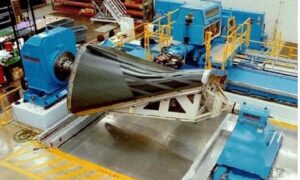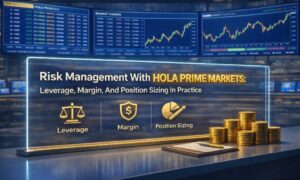In today’s rapidly evolving world of e-commerce and logistics, last-mile delivery has become a critical component in ensuring customer satisfaction and loyalty. As consumers increasingly expect faster delivery times and seamless experiences, companies are turning to advanced technologies to streamline their last-mile operations. From drones to artificial intelligence (AI), here are some of the best ways businesses can leverage these innovations to enhance their last-mile delivery services.
Route Optimization with AI:
One of the biggest challenges in last-mile delivery is optimizing routes to minimize time and fuel consumption while maximizing the number of deliveries. AI-powered route optimization algorithms can analyze various factors such as traffic patterns, delivery windows, and vehicle capacity to create the most efficient delivery routes in real-time. By leveraging AI, companies can reduce delivery times, lower costs, and improve overall productivity.
2. Delivery Drones:
Delivery drones have garnered significant attention in recent years for their potential to revolutionize last-mile delivery. These unmanned aerial vehicles can navigate through traffic congestion and deliver packages directly to customers’ doorsteps, bypassing traditional roadways. While drone delivery is still in its early stages, companies like Amazon and UPS are actively testing and investing in this technology to make deliveries faster and more convenient.
3. Internet of Things (IoT) Sensors:
IoT sensors play a crucial role in tracking and monitoring goods throughout the delivery process. By embedding sensors in packages and delivery vehicles, companies can gather real-time data on factors such as temperature, humidity, and location. This data not only helps optimize delivery routes but also ensures the safe and timely delivery of sensitive or perishable goods.
4. Autonomous Vehicles:
“Autonomous vehicles, including self-driving trucks and delivery vans, have the potential to transform last-mile delivery by reducing human error and increasing efficiency. These vehicles can operate 24/7, navigate through traffic more safely, and make deliveries with pinpoint accuracy. While widespread adoption may still be years away, companies are actively exploring autonomous vehicle technology to stay ahead of the competition.” Says Henry Allen, Digital Marketing Manager at Loyalty Lion
5. Predictive Analytics:
“Predictive analytics leverages data and machine learning algorithms to forecast demand and optimize inventory management. By analyzing historical data, market trends, and customer behavior, companies can anticipate demand fluctuations and proactively adjust their inventory levels. This not only ensures that the right products are available when customers need them but also minimizes the risk of stockouts and soverstocking.” Says Hanan Naeem, CEO of OneStream Live.
6. Augmented Reality (AR):
“Augmented reality technology can enhance the delivery experience by providing real-time information and guidance to both drivers and customers. Delivery drivers equipped with AR headsets can receive turn-by-turn navigation instructions and information about delivery recipients, making the delivery process more efficient. Additionally, customers can use AR-enabled mobile apps to track their deliveries in real-time and visualize where packages should be placed upon arrival.” Says Daniel Foley, head of content at Believe Money
7. Blockchain for Transparency:
Blockchain technology offers a secure and transparent way to track the entire delivery process from start to finish. By recording each transaction and transfer of ownership on a decentralized ledger, companies can ensure the integrity of their supply chain and build trust with customers. Blockchain can also help prevent fraud and theft by providing an immutable record of each delivery.
Conclusion:
In conclusion, leveraging advanced technologies is essential for enhancing last-mile delivery in today’s competitive landscape. By embracing innovations such as AI, drones, IoT sensors, autonomous vehicles, predictive analytics, AR, and blockchain, companies can streamline their operations, improve efficiency, and deliver exceptional customer experiences. While the adoption of these technologies may present challenges, the long-term benefits far outweigh the initial investment. Warehouse Supplies continues to evolve, businesses must stay agile and proactive in integrating these advancements into their last-mile delivery strategies to remain competitive and meet the ever-changing demands of today’s consumers.


































